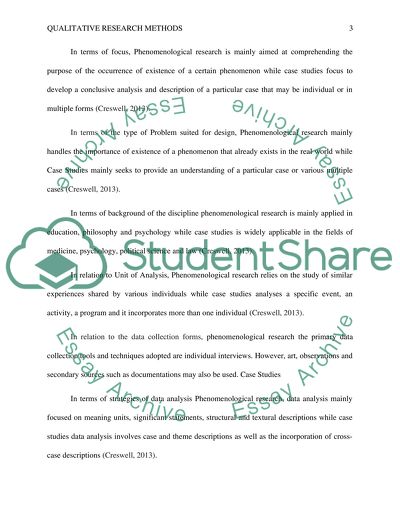Cite this document
(The Specifics of Qualitative Research Assignment, n.d.)
The Specifics of Qualitative Research Assignment. Retrieved from https://studentshare.org/sociology/1665873-dq-terence
The Specifics of Qualitative Research Assignment. Retrieved from https://studentshare.org/sociology/1665873-dq-terence
(The Specifics of Qualitative Research Assignment)
The Specifics of Qualitative Research Assignment. https://studentshare.org/sociology/1665873-dq-terence.
The Specifics of Qualitative Research Assignment. https://studentshare.org/sociology/1665873-dq-terence.
“The Specifics of Qualitative Research Assignment”, n.d. https://studentshare.org/sociology/1665873-dq-terence.


